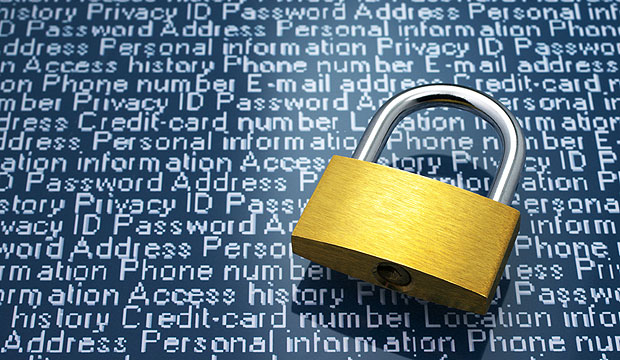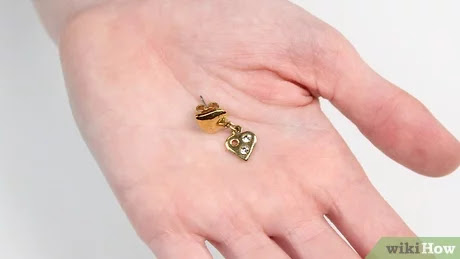Twitter security breached, stolen data auctioned
Information stolen from more than 32 million Twitter
clients has been offered available to be purchased on the dull web
for 10 bitcoin, or around US$5,800, LeakedSource
reported Wednesday. LeakedSource has included
the record and email data to its
searchable storehouse of traded off
qualifications.
The information set originated from somebody called
"Tessa88@exploit.im," who has been associated
to other substantial accumulations of traded off information,
counting the qualifications for 425 million MySpace
accounts. The Twitter data comprises of
32,888,300 records, LeakedSource said, with
every record containing such data as email
addresses, usernames and passwords.
The data likely originated from traded off
client frameworks as opposed to from a rupture of
Twitter's frameworks, as indicated by LeakedSource.
The programmers could contaminate many millions
of clients' frameworks with malware that gathered
spared username and secret key data from
programs like Chrome and Firefox, the firm
clarified.
Wide-Achieving Sway
"We have researched reports of Twitter
usernames/passwords on the dim web, and
we're sure that our frameworks have not been
ruptured," tweeted Twitter's Trust and
Data Security Officer Michael Coats.
"We are working with @leakedsource to acquire
this information and find a way to secure
clients," he included.
In spite of the fact that it doesn't create the impression that Twitter's frameworks
were broken, the traded off information shows a
difficult issue to clients and administration suppliers
around the globe, noted Joe Siegrist, bad habit
president and general supervisor of LastPass .
"It would seem that plain content passwords have been
stolen from more than 32 million purchasers, most
likely from their programs - IE, Chrome, Firefox,
Safari," he told TechNewsWorld.
"While it is vigorously weighted towards Russian
buyers, it's affecting individuals everywhere throughout the
world," he said.
LeakedSource found in its Twitter information more than
5 million email addresses with the ".ru" area
in them.
"It likewise implies this isn't only a Twitter assault
- that is only the information source that is being
exchanged," Siegrist proceeded.
"It implies this is an end client plain content secret key
scratch assault which will affect each record
the end client spared. Each administration supplier in the
world should be watchful for odious
movement," he cautioned.
Two-Component Confirmation
For some Twitter clients - the individuals who have turned
on two-component confirmation - traded off
passwords won't posture much hazard to their
accounts. Two-component confirmation requires that
notwithstanding a watchword, a code - normally sent
as an instant message to a cellular telephone
- likewise should be entered by a record holder.
"On the off chance that sign in confirmation is empowered, then the
assailant ought not have the capacity to get to their
account, since they don't have the physical
gadget that is utilized to approve the log-in,"
Symantec Senior Security Reaction Chief
Satnam Narang told TechNewsWorld.
While 2FA will ensure a client's Twitter account
from trade off, different records may be at
hazard.
"In the event that the Twitter secret key is reused somewhere else,
Twitter two-variable validation isn't going to
help you on those different records," Pattern Small scale
Worldwide Risk Correspondences Administrator
Christopher Budd told TechNewsWorld.
Not reusing passwords might be troublesome for some
clients, however. All things considered, even Facebook Chief
Mark Zuckerberg reused a secret key for his
Twitter account, which was bargained prior
this week.
To Reuse Is Human
"A large portion of us reuse our passwords. It's a human
propensity," said Rajneesh Chopra, bad habit presdent for
item administration at Netskope .
"Simply a week ago, Netflix informed some of its clients
that they ought to change their passwords on the grounds that
it was the same one they utilized for LinkedIn," he
told TechNewsWorld.
Another questionable practice highlighted in the
Twitter episode is the putting away of qualifications in
programs.
"Programs aren't the most secure approach to store
qualifications, however it's the most helpful spot to
do it," Chopra said. "Given that we experience our advanced
life in the program nowadays, it winds up being
the spot where individuals store their passwords."
Releases that uncover a great many passwords nourish the
programmer biological community, noted Craig Youthful, a senior
security specialist for Tripwire .
"Each secret key dump helps assailants refine
their toolboxs," he told TechNewsWorld, and the
passwords can be utilized to capture accounts and
send spam and vindictive connections to the records'
devotees




Comments